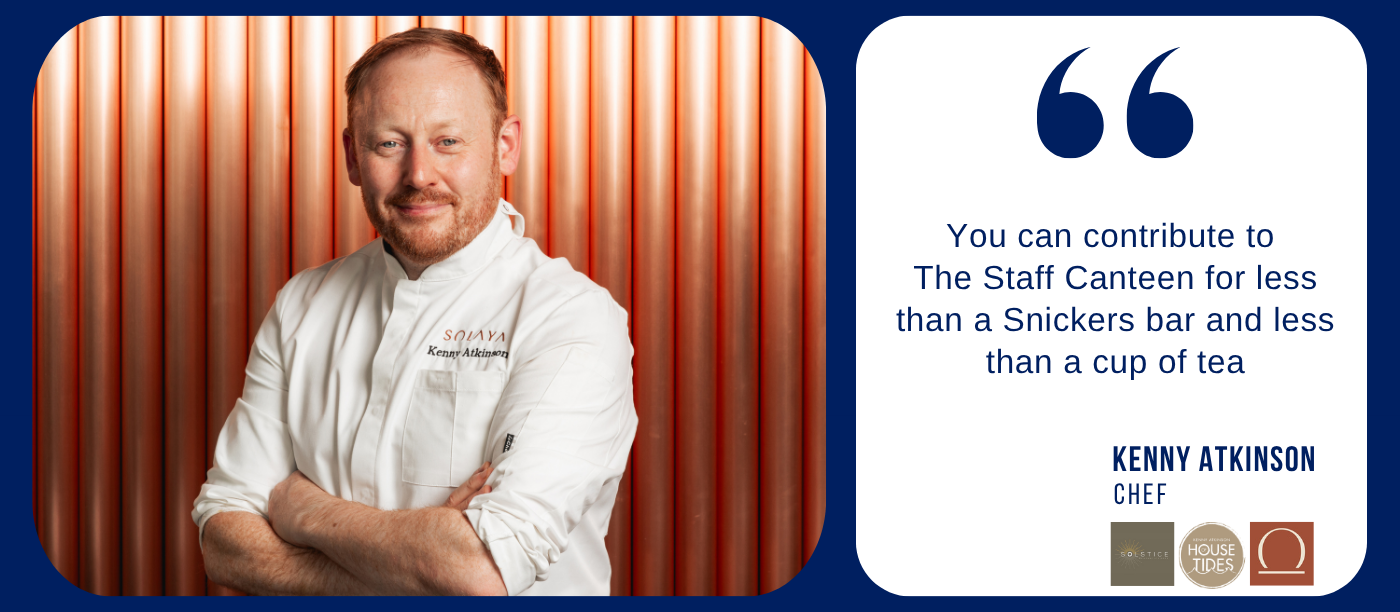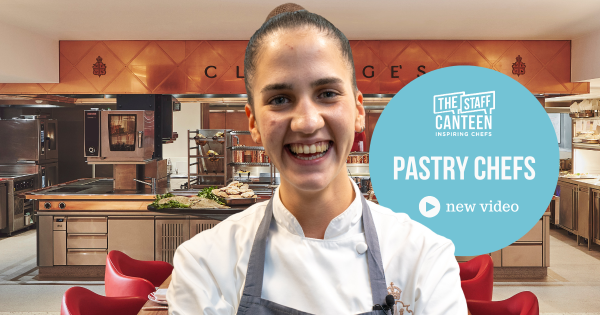we do; without that partnership it really is worthless, which is why I work with Callebaut, also why I sit on the education panel for the Royal Academy of Culinary Arts, and why I also sit on the management committee for the Craft Guild of Chefs and for the Master Chefs of Great Britain. I’ve got to be in a position to influence the industry but also be influenced
by the industry.
The Great British Bake Off is putting pastry back in the limelight thankfully; have you seen this translated into an increase in students wanting to be pastry chefs?

Yes without a doubt. Last year we had to develop our own bakery courses because the demand for bakery and patisserie was so immense, so much so that we ended up going outside our own college to hire kitchens in another college to deliver the bakery classes. We now teach about 400-500 pastry chefs a year compared to about 200 students seven or eight years ago so it really has increased a lot.
It’s really good news isn’t it, because the industry has suffered from a shortage of pastry chefs for quite a long time now?
It really is; this is a highly skilled job and it takes a special type of person to become a pastry chef who devotes a lot of attention to detail and has artistic flair at the same time and with a real dedication to the task in hand, but we’re seeing a lot students coming to us and also a lot of chefs who are already in the industry coming to us and saying they want to learn pastry skills. They see the market value of having these skills on their own CV but they also see the very real benefits of having a skilled pastry chef on their team.
Are students sometimes not quite prepared for just how tough it is being a pastry chef, after just having seen it on TV?
Sometimes it can be hard for them, yes, because not everybody has that dedication and attention to detail that a pastry chef needs to have. So yes it can be tough and there can be tears when there’s this dawning realisation and they see the long hours that pastry chefs put in, all the bakery products they have to produce and the consistency they have to achieve when producing large numbers.
It is a tough job but we’ve got some brilliant role models around who are excellent pastry chefs in the industry and we get our students to undertake work experience with these guys. So for example
Graham Hornigold takes on a lot of our students and he’s a brilliant role model and a fantastic pastry chef in his own right.
 Do you think the future looks bright, overall for the UK pastry industry?
Do you think the future looks bright, overall for the UK pastry industry?
I really, really do because our pastry chefs are now competing in an international market, going out to do big roles with international hospitality companies around the world. We’ve got our UK Pastry Team going out and competing well in the world championships; we’ve got the World Chocolate Masters as well; it’s a really vibrant community at the moment but also a community that are very supportive of each other. They need to continue to work with students to inspire and develop the next crop of pastry chef talent.
View Gary’s recipe for Tonka bean and sesame chocolates here
View Gary’s recipe for Opera cake with blood orange sorbet here
View Gary’s recipe for Gianduja Macaroons here
View Gary’s recipe for Strawberries and Cream Petits Fours



















